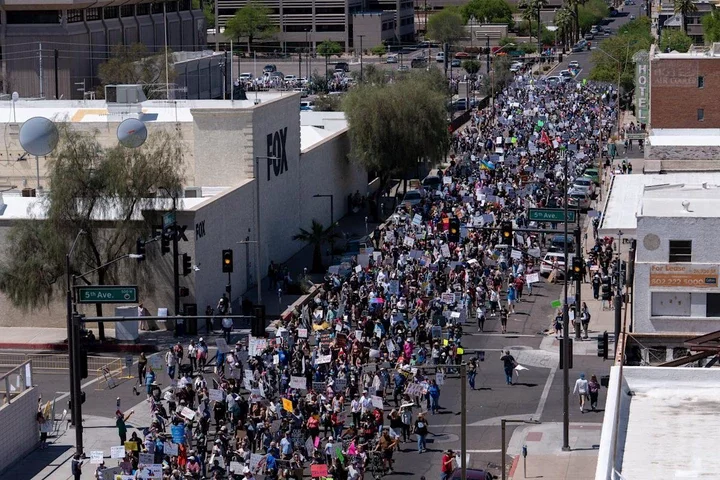
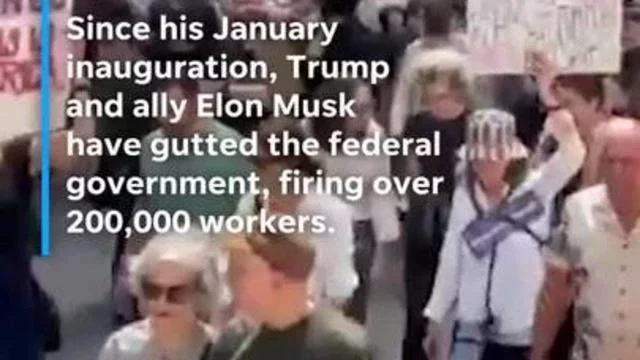
Across the U.S., tens of thousands of people are expected to participate in protests against the Trump administration, its policies and the billionaires supporting them in what organizers are calling "a war on working people."
Over 1,000 demonstrations and rallies are scheduled in every state and abroad, with most being held Thursday, May 1 - historically known as May Day or International Workers' Day. The volunteer-led 50501 movement, which spurred other nationwide protests this year, is helping organize the demonstrations along with labor unions, student groups and other grassroots organizations.
One of the larger protests is expected in Washington, D.C., where a "May Day Movement USA" rally on the National Mall will start at 10 a.m. In Philadelphia, Sen. Bernie Sanders will join the "Workers over Billionaires" rally hosted by the city's AFL-CIO chapter.
Organizers say the protests will center on opposition to President Donald Trump and billionaire supporters, including Elon Musk, who has led the Department of Government Efficiency's slashing of the federal workforce. Organizers accuse the Trump administration, Musk and their wealthy backers of attempting to "erase labor rights, break our unions, and silence immigrant voices."
"We are demanding a country that puts our families over their fortunes-public schools over private profits, healthcare over hedge funds, prosperity over free market politics," the organizers' website said.
The protests come after Trump's 100th day in office and as the president faces sinking approval ratings. Since returning to the Oval Office, Trump and his administration have cut thousands of jobs across the federal government, enacted sweeping tariffs that led to an escalating trade war with China and launched a deportation program that has triggered bitter court battles.
Trump has gained major support from the billionaire class in the lead up to his second term in office. While Musk spent $288 million to help elect Trump, Mark Zuckerberg's Meta and Jeff Bezos' Amazon both donated $1 million to Trump's inaugural fund and since have fallen in line with the president's agenda.
Meta scrapped its U.S. fact-checking program and overhauled how it manages political content. The Washington Post, which is owned by Bezos, did not issue an endorsement in the last election and announced an opinion page shift in February to a focus on "personal liberties and free markets." Both companies joined others in scaling back diversity programs, an initiative Trump has pushed hard in executive orders.
In a recent interview with the Atlantic, Trump paid compliments to Bezos, saying "He's 100 percent. He's been great." Speaking about the owner of Facebook and Instagram, Trump said "Zuckerberg's been great."
In early April, demonstrators took to the streets in cities large and small across all 50 states to rally against Trump and his sweeping actions. There were more than 1,000 "Hands Off" protests and organizers estimated more than half a million people showed up to the rallies.
Protesters interviewed by USA TODAY Network reporters said they showed up to fight job cuts to the Social Security Administration and the Department of Veteran Affairs. Some carried signs supporting trans rights and decrying the economic impact of tariffs. Others gathered to show their opposition to Trump's deportation program, especially after Kilmar Ábrego García was mistakenly sent to a maximum security prison in El Salvador.
Ahead of those demonstrations, White House Press Secretary Karoline Leavitt said "protests, lawsuits, and lawfare" will not sway the president "from delivering on the promises he made to make our federal government more efficient and more accountable."
Trump held a rally in Michigan on April 29 to celebrate his first 100 days in office. During his speech, Trump vowed to protect Medicare and Social Security and defended his sweeping efforts on tariffs, immigration and DOGE, promising much more to come.
"We've accomplished more in three months than most administrations accomplished in four years or eight years," the president declared, adding, "We're just getting started."
What are the May Day 2025 rallies?
The events dubbed May Day 2025 and May Day Strong are using the hashtag #MayDayStrong and are considered a "National Day of Action" that is backed by a coalition of over 250 local organizations.
Groups will be marching on streets, rallying in communities, protesting on the local level at congressional offices, hanging banners and staging walk-ins in front of schools.
The May 1 demonstrations will also stretch beyond the U.S. as organizers say they have planned rallies in Florence, Italy; Paris; and in cities across the United Kingdom.
"We are reclaiming our power from corporate elites, and we will not be intimidated by Trump, Musk, or their billionaire backers," organizers wrote. "They've ruled for too long. Their time is up. And May Day is just the beginning."
Organizers say they are demanding protection of Medicare and Social Security, "fully funded schools, healthcare and housing for all," and a stop to "attacks on immigrants, Black, Indigenous, trans people, and other communities."
May Day's origins
May Day is a seasonal celebration of spring marked by parades and bright colors and a day to honor workers, often marked by protests and rallies.
With its roots in the pagan tradition, May Day celebrations stretch back to the Middle Ages, when festivities marked the midway point between the spring equinox and the summer solstice. Celebrations of spring on May Day are still held in many parts of the U.S. with maypole dances and the gifting of flower baskets.
May 1 became associated with workers' rights in 1886 when hundreds of thousands of laborers in Chicago participated in a multi-day strike to push for an eight-hour workday.
The strikes were marked by bloodshed as clashes between protesters and police grew violent. Over half a dozen people were killed and dozens were injured, including in the May 4, 1886, rally in Haymarket Square where a bomb exploded in a melee.
In 1889, labor activists declared May 1 International Workers' Day to commemorate the Haymarket Affair and advocate for workers rights. Today, many nations across South America, Africa, Europe and Asia officially recognize the date as a holiday. In the U.S., efforts to move Labor Day from September to May have been unsuccessful.

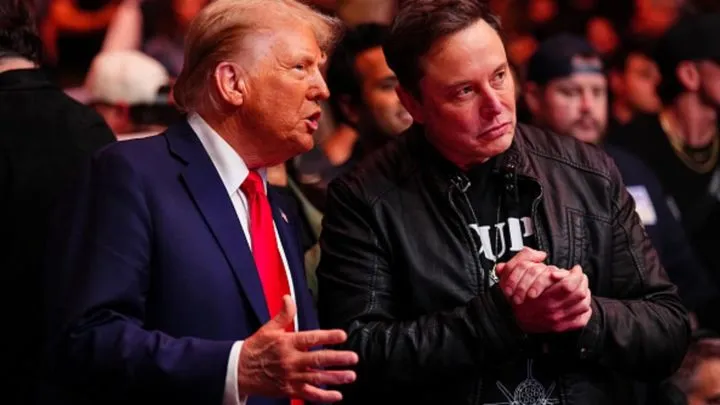
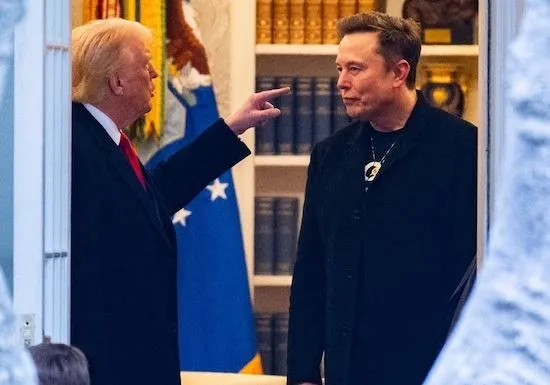
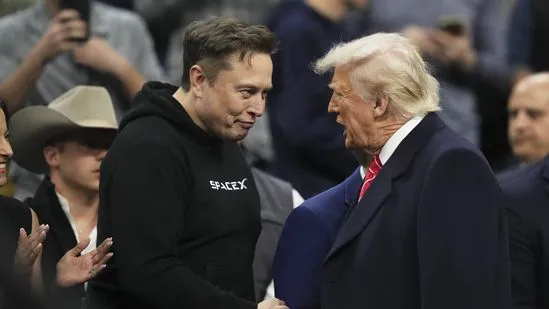
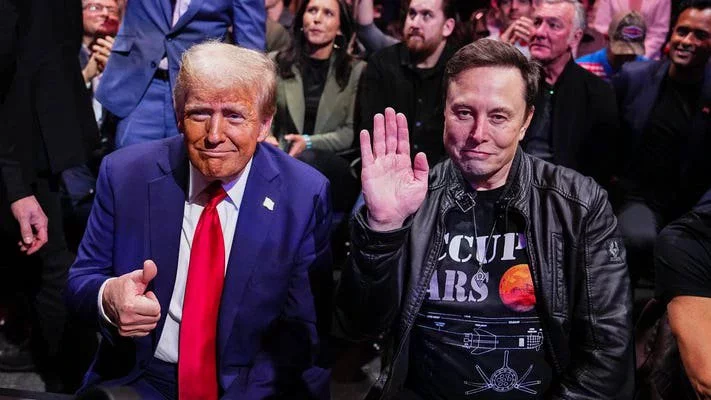
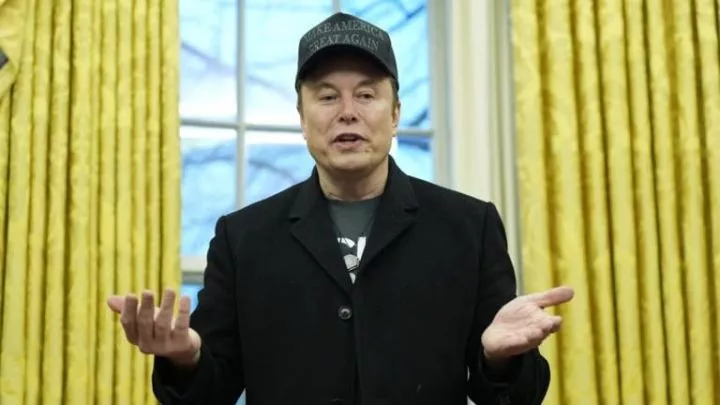
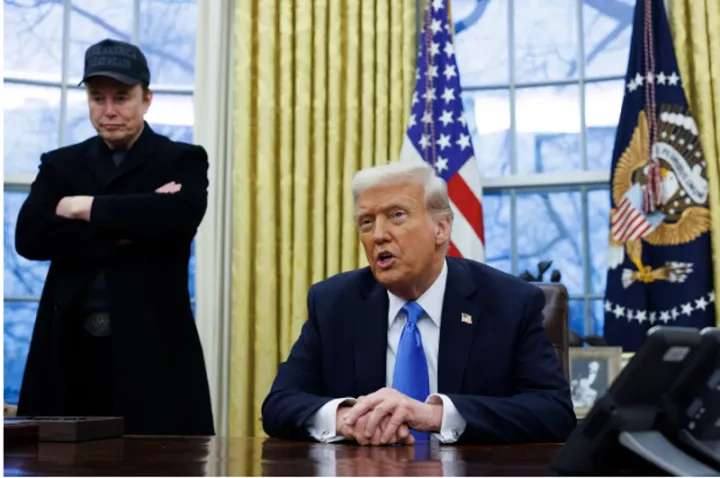
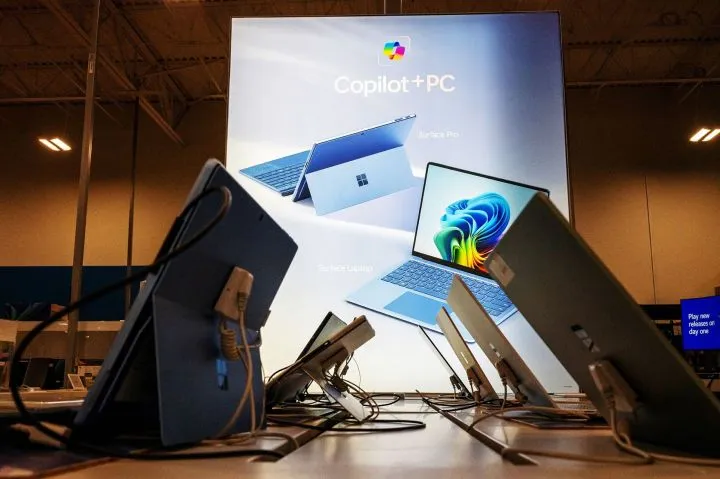










Comments